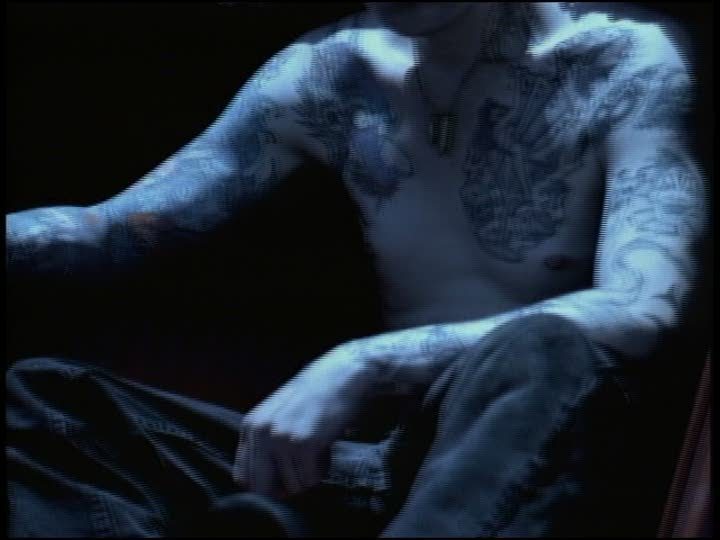

Elsewhere, Martin Gore’s songwriting seemed to be going for adult themes of the distinctly top-shelf variety, though it was possible to hear a song like ‘Master & Servant’ less as an S&M anthem and more as a deft look at the emerging problem of modern slavery. The 1984 follow-up, ‘Some Great Reward’ included ‘People Are People’, a political song wrapped in pop’s clothing, a song about inequality and intolerance. The only trace of this type of songwriting in previous Depeche Mode releases could be found in ‘Monument’ from 1982’s ‘A Broken Frame’, but that felt more like a Kafka-esque piece of musical art rather than a treatise on the futility of labour. These were grown-up, political themes, and they seemed to come out of nowhere.
#Wiki depeche mode people are people manual
Lead single ‘Everything Counts’ took a cynical swipe at corporate greed and financial excess during the Yuppie era ‘The Landscape Is Changing’ foretold of impending environmental disaster unless people took action ‘Pipeline’, created using various bits of detritus found on location at a disused railway yard in London’s East End, spoke of the misery of manual labour, the decline of industry, maybe even the dismantling of the East End’s character. Packaging though that might have mostly been back in 1983, in the songs, too, something had changed. The adverts for the inevitable mega-tour to accompany ‘Spirit’s release sees Gahan leaning on a huge mallet akin to that appearing in some of the imagery the band used around this time – except now, dressed in a smart, expensive suit, you'd be mistaken for thinking the photographer had caught the band in downtime during a game of croquet on a Long Island mansion lawn. The music press branded the band as Marxists, a divisive label amid the prevailing chill between the West and the East. or Laibach, but it was of the same root ethos. Mallets, cogs, the muscular Stakhanovite worker atop a mountain in Brian Griffin’s sleeve image for ‘Construction Time Again’. Never judge a book by its cover, and never judge a record by its packaging, but with both ‘Get The Balance Right’ and ‘Construction Time Again’ a certain other imagery had begun to appear. The band’s image had altered – frontman Dave Gahan was no longer wearing New Romantic-friendly billowing white blouses like he had around the time of their debut ‘Speak & Spell’ leather was in evidence it was altogether a harsher, darker look. It wasn't especially evident at all times in the songs themselves, which still were mostly pop in their framing, but something had definitely shifted. The record seemed to signal a major change in direction for the band, prefaced by the one-off single ‘Get The Balance Right’ which had appeared a few months before. Depeche Mode have just released their third album, ‘Construction Time Again’. It's not exactly Bob Dylan in the 1960s, for sure, but it is at least a new side to the band. The delivery is a little clumsy at times, and maybe the train that Gahan and Martin Gore claim is coming arrived a short while ago, but the message is mostly coherent, if not especially original – it's time to take action, you're not doing enough with your passive-aggressive stance, rise up, revolt etc. That feels new, right? In the lyrics here, Dave Gahan gives voice to the same disenfranchisement with governments / society / the inequality gap that have given us Brexit, Trump, possibly will give us Le Pen and all manner of supposedly ‘populist’ movements elsewhere round the world. The only nagging doubt you feel is the overt political message in the first single to be taken from ‘Spirit’. I said more or less the same about ‘Delta Machine’, their 2013 album – no-one expects this band to deliver anything especially new thirty-six years into their career, and for the most part, if you're a long-standing fan, you probably don't especially want them to. ‘Where's The Revolution?’ literally could have appeared on any Depeche Mode album since 1997’s ‘Ultra’. A stentorian, commanding voice, a skeletal modular synth pattern and scratchy rhythm evolving into a electro-glam beat overlaid with bluesy processed guitar. Within the first bar, you know you're into familiar Depeche Mode territory.


“Where's the revolution? People, you're letting me down.”ĭepeche Mode, ‘Where's The Revolution?’, 2017


 0 kommentar(er)
0 kommentar(er)
